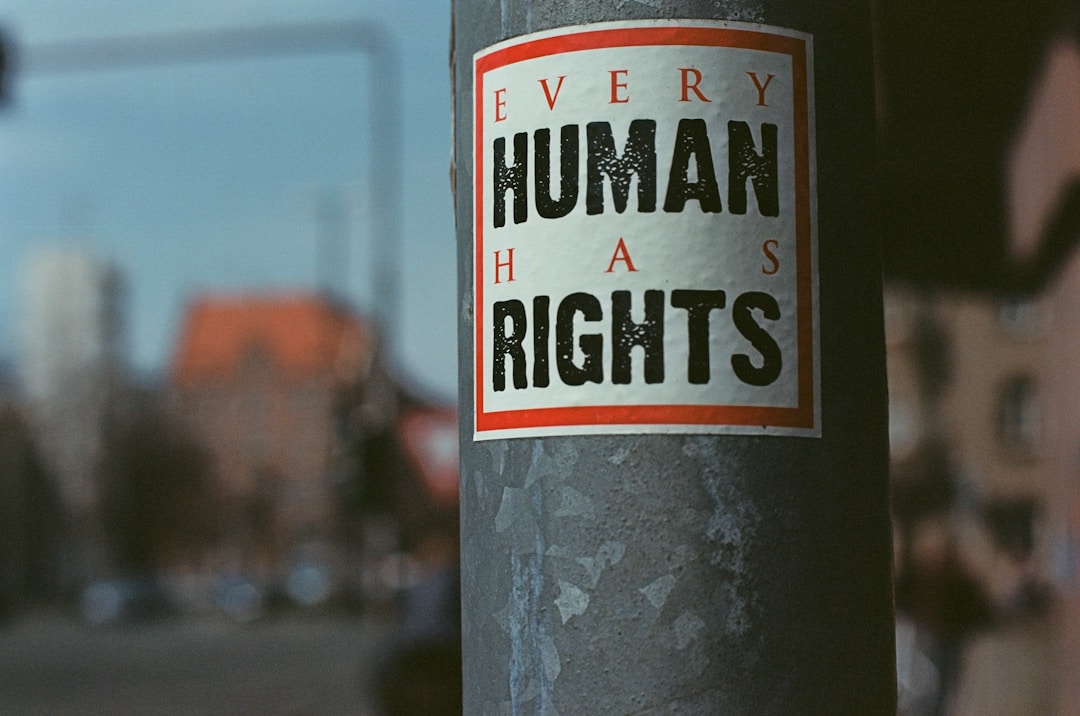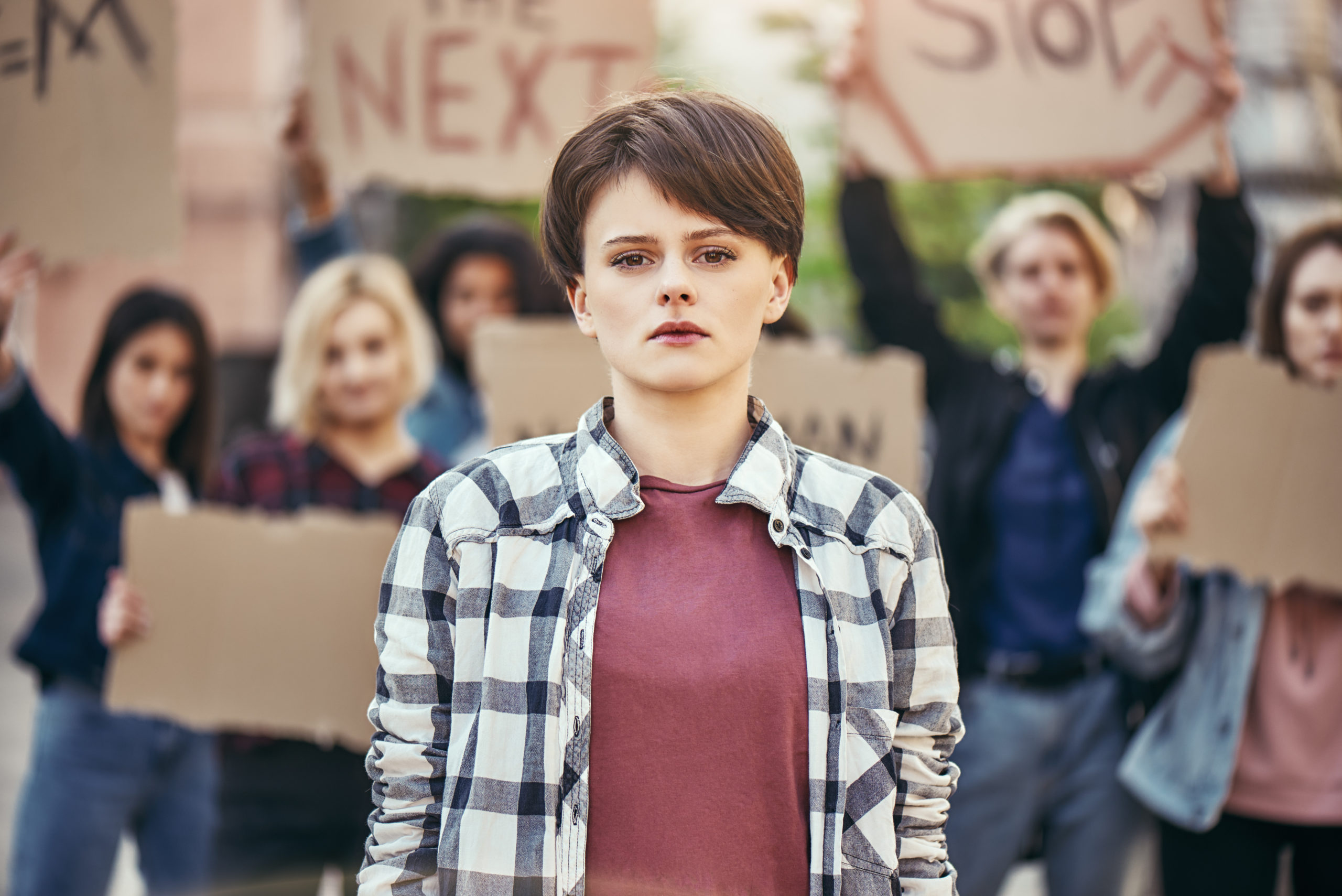According to the United Nations Human Rights Council, “ageism, and the resulting age-discrimination, have serious and far-reaching consequences for health, well-being, dignity, and rights—above all, for older people, but with negative impacts that extend across all of society.” High Commissioner Michelle Bachelet explains that ageism “remains one of the major barriers to the full enjoyment by older persons of their human rights.” But you may very well be wondering just how pervasive this issue is and how it meets with a subject as monumental as human rights.
What are human rights violations?

Before we can delve into the relationship between ageism and human rights violations, we have to define a few key terms. Firstly, what exactly are human rights, and, from there, what are human rights violations? The UN Human Rights Council elaborates on the concept within the Universal Declaration of Human Rights (UDHR), referencing examples such as the right to life and liberty, freedom from slavery, and overall recognition as a person—a human with all the rights thereof. Human rights violations, then, are instances where these rights are not upheld, usually by a government or governmental body. A few of the most recognizable examples include slavery, child labor, sex trafficking, and the Holocaust.
How do we define ageism?

According to the World Health Organization (WHO), “ageism refers to the stereotypes (how we think), prejudice (how we feel) and discrimination (how we act) towards others or oneself based on age.” In a majority of cases, these stereotypes, prejudices, and discriminatory actions are directed towards older people, though many instances also target young people. An older adult may be denied adequate health or personal care because of their age, while younger people may be expected to defer to more senior colleagues without a qualm or voice of their own. On either end of the spectrum, ageism can happen at work, at home, and anywhere in between. And, in most circumstances, these prejudices are deeply rooted in society and culture—even the most loving caregiver may subconsciously adopt a patronizing manner when dealing with their elders or youngsters.
Where do the two collide?

Ageism rises to the level of human rights violations when these discriminatory thoughts, feelings, and actions impact a person’s life. For example, consider the unfortunate context of some nursing homes. The Centers for Medicare and Medicaid Services offer documentation of “Your Rights and Protections as a Nursing Home Resident,” which include the rights to visitors, and freedom from abuse, neglect, and discrimination, and more. Of course, these are rights that should be expected, but in too many cases, further interventions are needed. Youth, too, can suffer from this collision—the Human Rights Council affirms young people’s rights, such as access to health care, conscientious objection to military service, and more. Discrimination by virtue of their youth can be just as harmful as that targeted towards seniors.
What can be done to help?

In the first of the above examples, seeking a high-quality form of elderly care can help to mitigate the risk of a situation that could result in human rights violations sparked by ageism. The person in question (and any family members or caregivers involved in the decision) may opt for in-home care rather than a residential treatment center, knowing that this form of senior care can be more closely monitored. By choosing the relevant type of care from a premier care provider, they can have further peace of mind.
Most importantly, though, it’s crucial to understand your legal rights when it comes to ageism and human rights violations. Activists, lawyers, and trailblazers like Malliha Wilson work hard to recognize and protect human rights—and to ensure proper compensation and ramifications come into play when those rights are not upheld. If you suspect you or a loved one is the victim of such a violation, consider reaching out to a legal professional for support.

